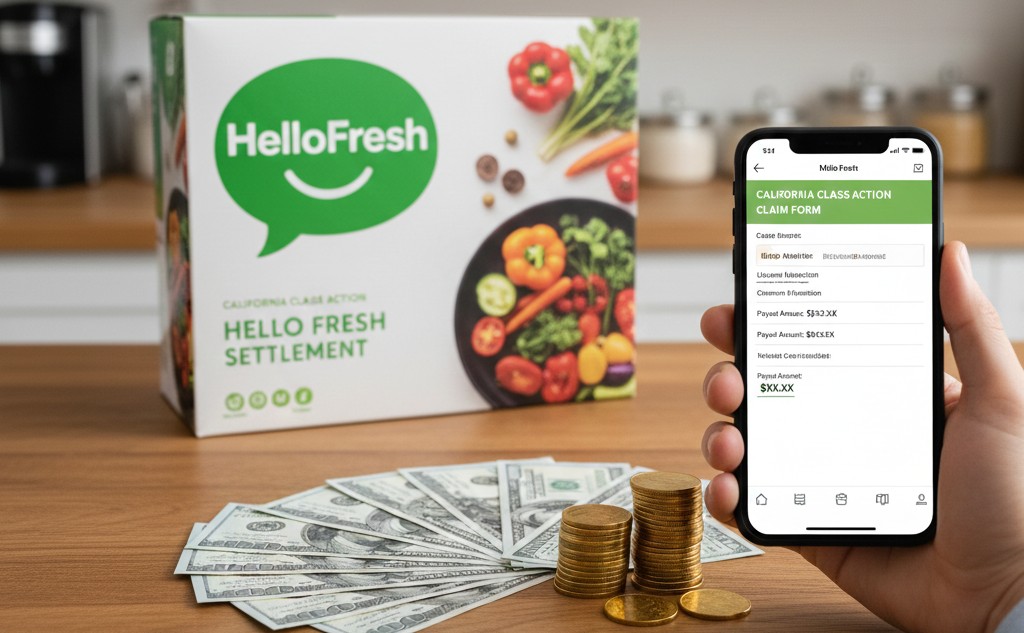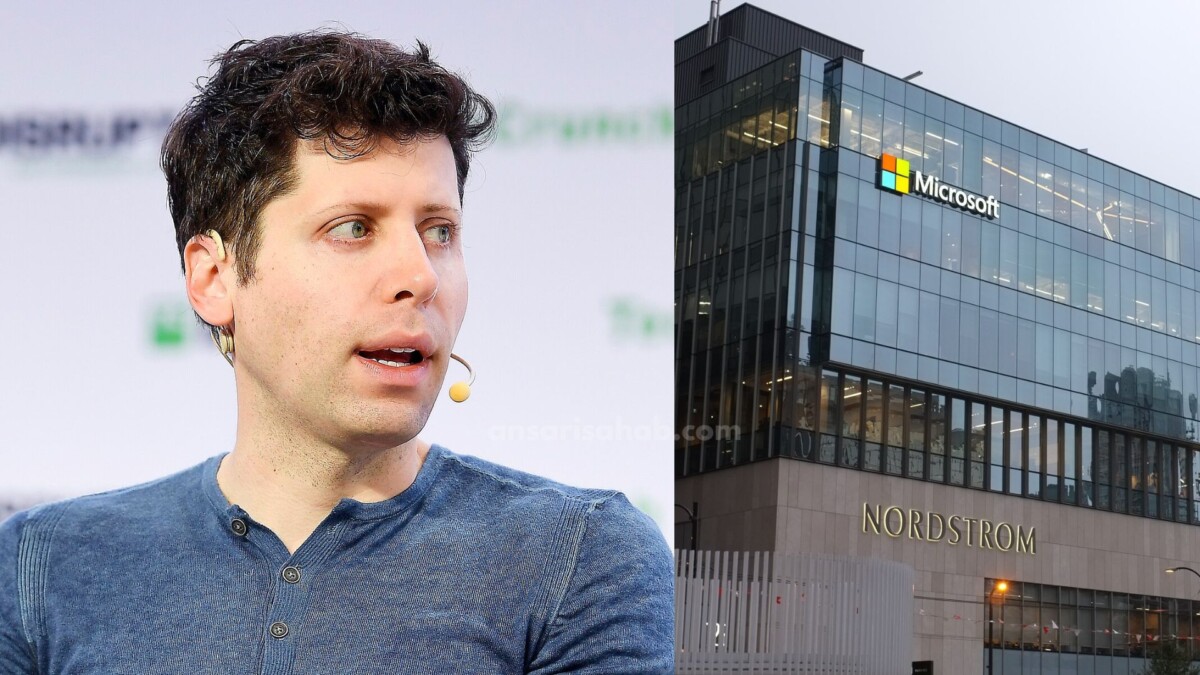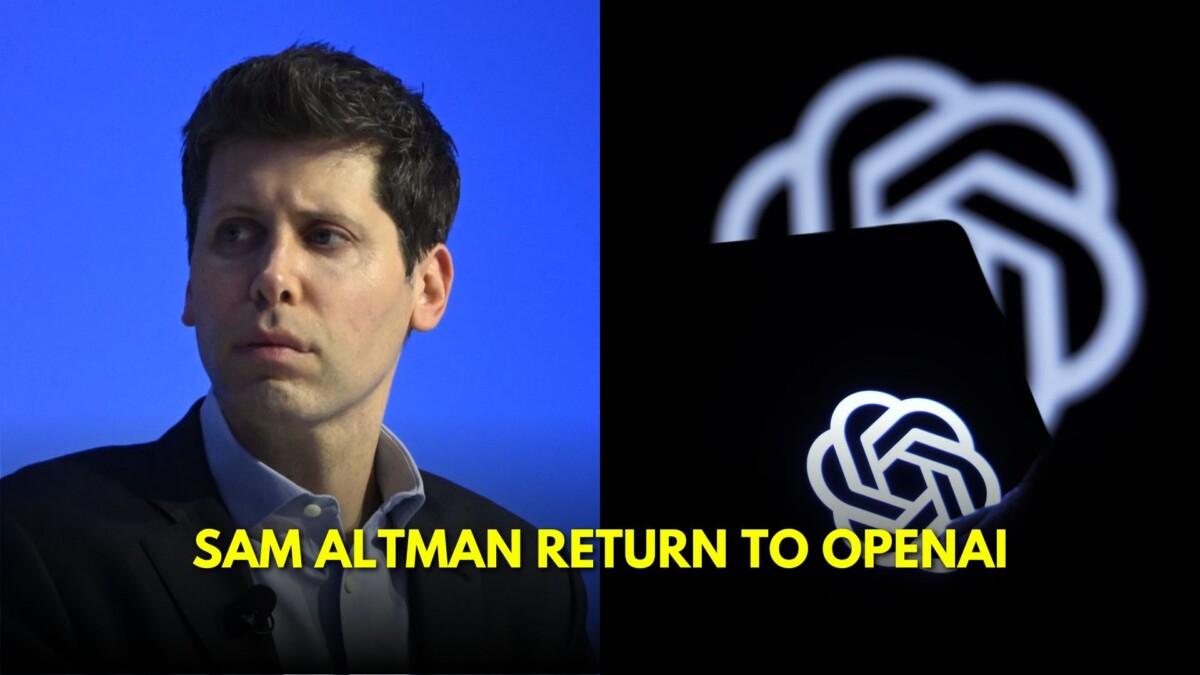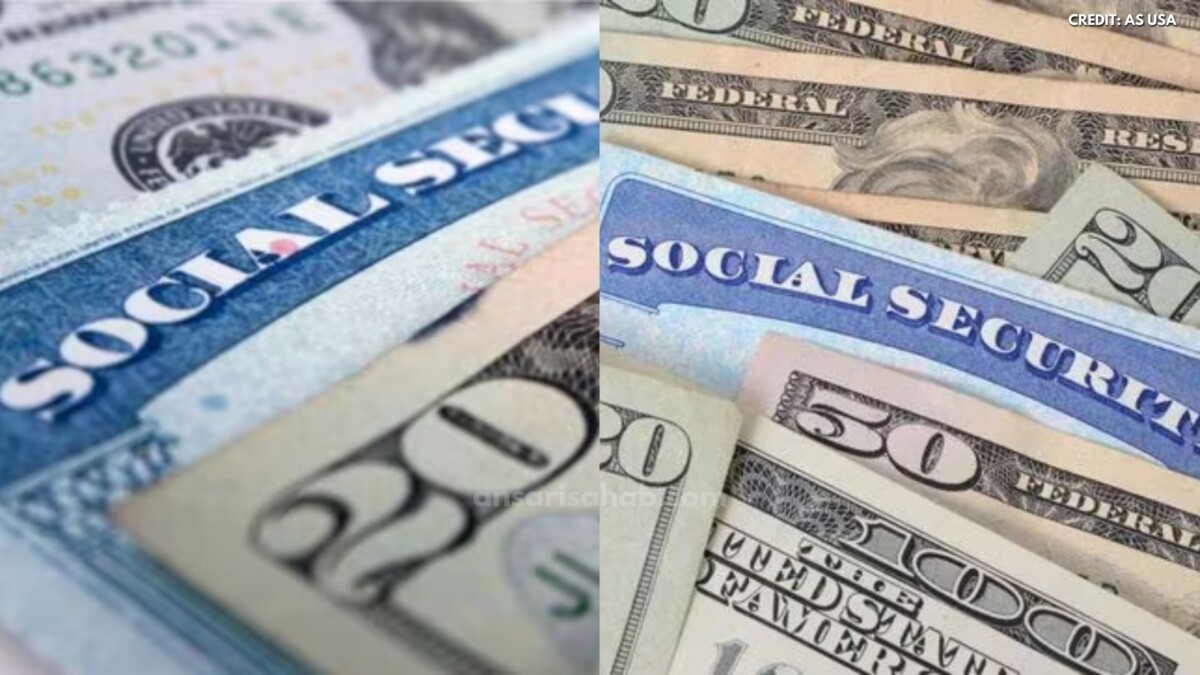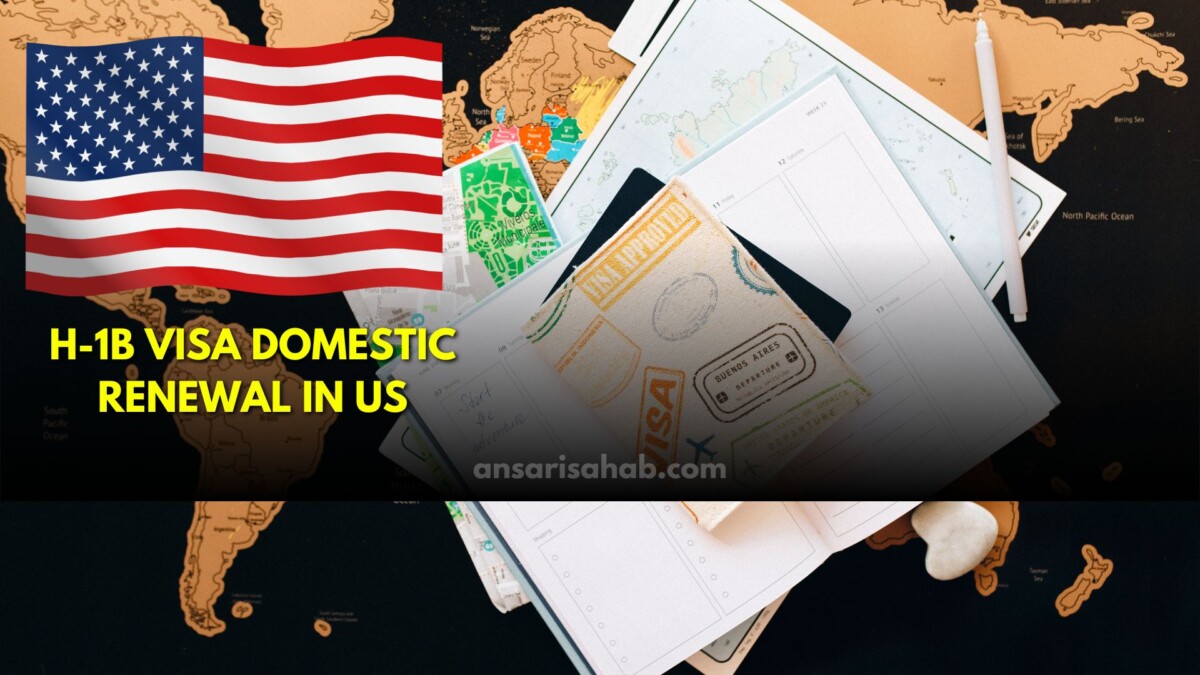What Is the Settlement About?
- HelloFresh, the well-known meal-kit delivery company, agreed to pay $7.5 million to settle a civil lawsuit brought by California prosecutors.
- The case was led by the Santa Clara County District Attorney’s Office, together with the Los Angeles County District Attorney’s Office.
- They accused HelloFresh of violating California’s Automatic Renewal Law and False Advertising Law, by:
- Not clearly disclosing that consumers were enrolling in auto-renewing subscriptions.
- Failing to obtain affirmative consent before charging customers’ payment methods.
- Not providing a proper post‑purchase acknowledgment that included key subscription terms.
- Making it difficult to cancel the subscription.
- Misleading customers with “free” offers — like free meals, surprise gifts, or free shipping — without fully explaining the terms.
Breakdown of the $7.5 Million
Here’s how the settlement money is allocated:
| Purpose | Amount |
|---|---|
| Civil penalties | $6.38 million |
| Investigative costs | $120,000 |
| Restitution to consumers | $1 million |
A portion of the civil penalties (about $1,063,334) will go back to the DA’s offices for enforcing future consumer protection cases.
Who Is Eligible for the Payout?
Not everyone who ever used HelloFresh qualifies. According to the settlement:
- Consumers had to be enrolled in an automatic-renewal subscription between January 1, 2019, and August 18, 2025.
- They must have been charged for the first shipment without explicit knowledge or consent.
- They then canceled after that first shipment.
- Importantly, they never received a refund from HelloFresh.
What’s Next: How Consumers Can Claim the Restitution
- Notice to Consumers
A third-party claims administrator will send out notices to eligible consumers. The DA’s office says they will handle verification and distribute the $1 million restitution fund. - Verification Process
When you receive the notice, you’ll likely need to confirm:- Your identity / you were a HelloFresh subscriber,
- Your subscription details (when you signed up, when you canceled),
- That you did not get a refund.
- Distribution of Funds
The approved claims will divide the $1 million “proportionally” among eligible consumers. - Use of Penalties
The remaining money (civil penalties) goes into enforcement funds for future consumer‑protection efforts by the DA’s offices.
Why This Matters
- Consumer Protection: This settlement reinforces the importance of transparency in subscription-based services. The DA pointed out that just because something is “free” doesn’t mean its terms are fully explained.
- Automatic Renewal Enforcement: The case is part of a broader push by the California Automatic Renewal Task Force, which targets businesses that trap consumers in unwanted subscriptions.
- Precedent for Other Companies: It sends a signal that companies need to be clear about auto-renewal commitments, consent, and how to cancel.
What Consumers Should Do Now (If They Think They’re Eligible)
- Wait for a Notice: If you meet the eligibility criteria, watch your mail or email for a letter from the claims administrator.
- Keep Documentation: Subscription confirmation emails, billing statements, or cancellation confirmations will help support your claim.
- Respond Promptly: When the notice arrives, follow the instructions to submit your claim.
- Follow Updates: Check the DA’s website (Santa Clara or LA County DA) for announcements about claim submission deadlines, distribution dates, or FAQs.
Caveats & Additional Notes
- No Admission of Liability: HelloFresh has denied wrongdoing. According to its spokesperson, they “took their commitment to customer transparency very seriously.”
- Why Only $1 Million for Consumers: While $7.5M sounds large, most of that is penalties. Only a small fraction is restitution — which means each eligible consumer may not get a huge amount.
- Time-Frame Is Broad: The settlement window runs all the way to August 18, 2025, so even relatively recent customers may qualify.
- Claims Admin Role Is Key: The third-party administrator has a big job — verifying claims and distributing the fund fairly.

